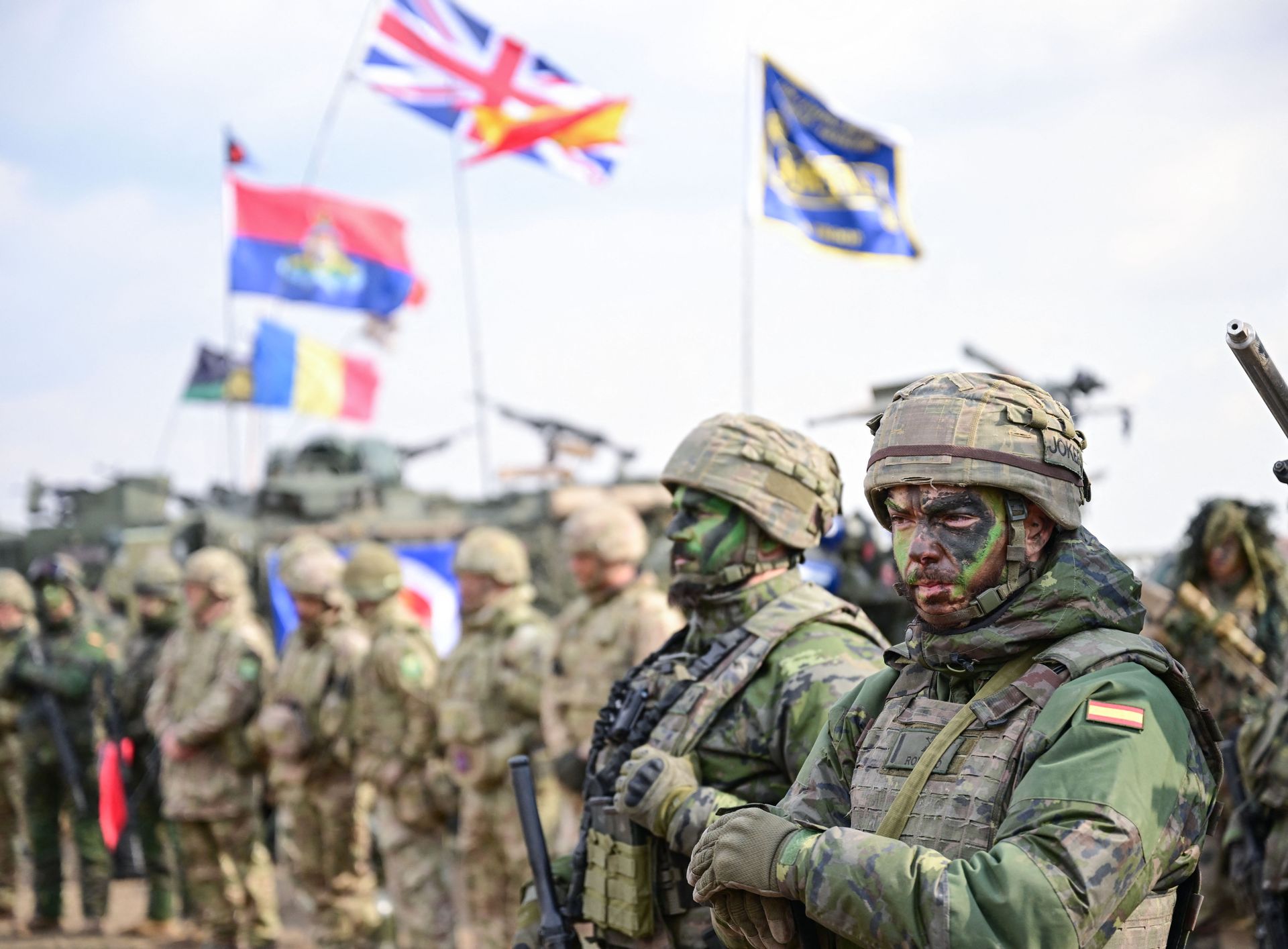'Roger that' — Poland, Estonia welcome Trump's calls to shoot down Russian jets

U.S. President Donald Trump's Sept. 23 comment that NATO allies should shoot down Russian aircraft that violate their airspace drew positive reactions from Estonia and Poland.
The endorsements come amid rising tension in NATO's eastern flank following a series of airspace breaches, which have challenged alliance protocols on intercepts, escalation, and collective defense.
"Roger that," said Polish Foreign Minister Radoslaw Sikorski, signaling his country's support for Trump's position.
Marko Mihkelson, chairman of the Estonian Parliament's Foreign Affairs Committee, wrote on social media, "we got it," echoing a brisk acceptance in Tallinn.
Estonia's foreign minister, Margus Tsahkna, earlier told the Kyiv Independent that the Baltic state and its allies must be prepared to both intercept and, if necessary, down aircraft that violate its sovereign airspace.
"The message must be unequivocal: future violations will meet a response — including, if necessary, the interception and downing of intruding aircraft," Tsahkna said on Sept. 23. "This is not only about defending Estonia's borders — it's about defending NATO's borders."
The reactions follow several recent incidents that raised alarm among NATO members.
Three Russian MiG-31 fighters entered Estonian airspace on Sept. 19 over the Gulf of Finland for roughly 12 minutes before departing, prompting Tallinn to request consultations under NATO's Article 4.
Days earlier, Poland shot down Russian drones that entered its airspace during a mass attack on Ukraine, the first direct engagement of Russian military assets over NATO territory since the war began.
NATO scrambled two Eurofighter jets over the Baltic Sea on Sept. 21 after an Il-20M reconnaissance plane was detected flying without a filed flight plan.
The alliance also launched the Eastern Sentry mission to reinforce air defenses along its eastern flank.
Czech President Petr Pavel said on Sept. 20 that NATO needs to stay united and respond decisively to Russian provocations, including by a potential military action.
U.S. Secretary of State Marco Rubio told CBS News that NATO had not discussed shooting down Russian jets unless they were attacking and that standard practice remains interception.











